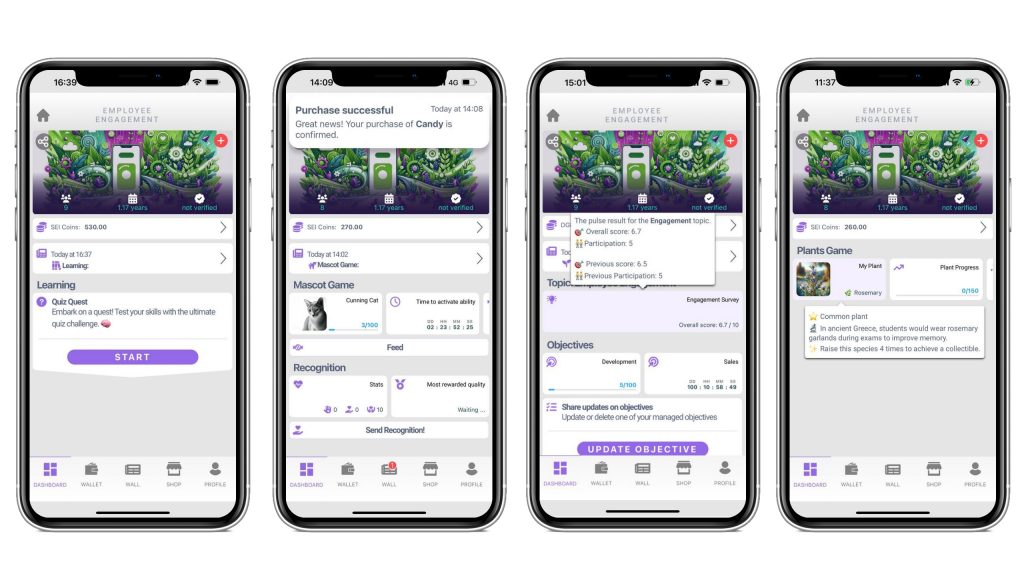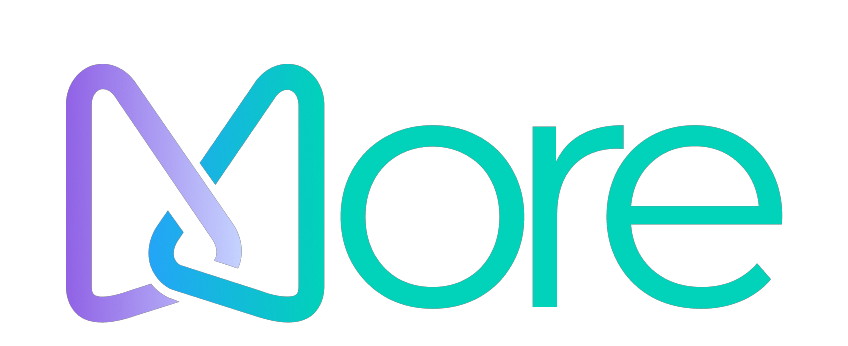Introduction
In the fast-paced world of call centers, effective coaching can make all the difference between a high-performing team and one that struggles to meet targets. Coaching in call centers involves guiding agents to improve their skills, enhance their performance, and achieve both personal and organizational goals. This article explores the essential aspects of call center training and how it can significantly boost performance.
The Importance of Call Center Training
Effective coaching is critical in call centers for several reasons:
- Improves Agent Performance: Coaching helps agents develop their skills, leading to better performance and higher customer satisfaction.
- Reduces Turnover: Well-coached agents are more likely to feel valued and satisfied with their jobs, reducing turnover rates.
- Enhances Customer Experience: By improving agent skills, coaching directly impacts the quality of customer interactions, leading to better customer experiences and higher retention rates.
Key Elements of Effective Call Center Training
Setting Clear Expectations
For coaching to be effective, it’s crucial to set clear expectations from the start. This involves:
- Defining Performance Metrics: Establishing what success looks like in terms of key performance indicators (KPIs) such as call handling time, resolution rates, and customer satisfaction scores.
- Communicating Goals: Clearly communicating these expectations to agents so they understand what is required of them.
Providing Regular Feedback
Continuous feedback is essential for ongoing improvement. Effective feedback should be:
- Timely: Provided as soon as possible after the observed behavior.
- Constructive: Focused on what the agent did well and what they can improve on, with specific examples.
Implementing Skill Development Programs
Skill development is a core component of call center coaching. This includes:
- Training Sessions: Regular training on new products, services, and processes.
- Role-Playing Exercises: Simulated calls to practice and refine skills.
- Mentoring Programs: Pairing less experienced agents with seasoned mentors for guidance and support.
Techniques for Effective Call Center Training
One-on-One Coaching
Personalized coaching sessions allow for tailored feedback and development plans. These sessions should focus on:
- Identifying Strengths and Weaknesses: Understanding each agent’s unique capabilities and areas for improvement.
- Setting Personal Goals: Helping agents set achievable, personalized goals that align with organizational objectives.
Group Coaching
Group coaching sessions can address common challenges and promote teamwork. These sessions can include:
- Workshops: Interactive sessions on specific skills or topics.
- Team Meetings: Regularly scheduled meetings to discuss progress, share successes, and address issues collectively.
Utilizing Technology in Coaching
Technology can enhance the coaching process in several ways:
- Performance Tracking Software: Tools that monitor and analyze agent performance, providing data-driven insights.
- E-Learning Platforms: Online training modules that agents can complete at their own pace.
Measuring the Impact of Training
To ensure coaching efforts are effective, it’s important to measure their impact. This involves:
- Monitoring KPIs: Tracking performance metrics before and after coaching interventions.
- Conducting Surveys: Gathering feedback from agents about the coaching process and its effectiveness.
- Analyzing Data: Using data analytics to identify trends and areas for further improvement.
Case Study: More Gamification
Introduction to More Gamification
More Gamification is an innovative app designed to enhance employee engagement through gamification, making the coaching process more interactive and effective.
Features of More Gamification
- Gamified Learning Paths: Customized learning experiences that engage agents through gamified modules.
- Real-Time Feedback: Instant feedback mechanisms that help agents improve continuously.
- Performance Dashboards: Interactive dashboards that track progress and provide insights into performance.
Benefits of Using More Gamification
- Increased Engagement: Gamification elements such as points, badges, and leaderboards make learning and development fun and motivating.
- Enhanced Performance: The interactive nature of the platform ensures that agents are more involved in their development, leading to better performance.
- Better Retention: Engaged and well-coached agents are more likely to stay with the company, reducing turnover rates.

Conclusion
By leveraging “More Gamification,” call centers can revolutionize their coaching practices, leading to more engaged, motivated, and high-performing agents. This approach not only enhances individual performance but also contributes to overall organizational success.
Conclusion
Effective call center coaching is essential for improving agent performance, reducing turnover, and enhancing the customer experience. By setting clear expectations, providing regular feedback, implementing skill development programs, and utilizing technology, call centers can significantly boost their coaching effectiveness. Platforms like “More Gamification” offer innovative solutions to make coaching more engaging and impactful, ensuring that call centers can meet their goals and drive continuous improvement.


